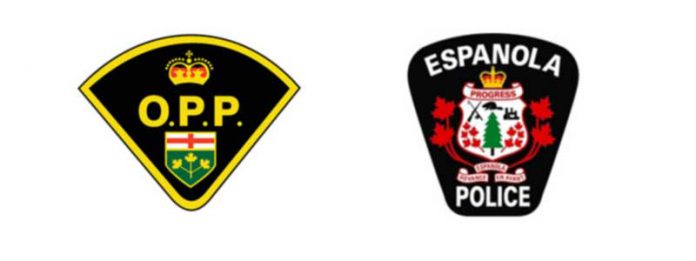Province helping build safe and convenient retail system to combat illegal market
TORONTO—The government of Ontario is taking steps to move to an open market for retail cannabis stores beginning in January 2020. This will provide consumers with more choice and convenience and a safe, reliable supply of cannabis, a press release from the province states.
“In response to the federal government’s decision to legalize cannabis, our government is determined to open the cannabis market as responsibly as possible,” said Attorney General Doug Downey. “We have said all along that opening more legal stores is the most effective way to combat the illicit market, protect our kids and keep our communities safe. That is our number one priority.”
Removing the temporary cap on the number of private cannabis stores in the province and eliminating pre-qualification requirements for prospective retailers are some of the key changes the government has made to cannabis regulations. Other amendments include: increasing the ability of licensed producers to participate in the retail market and allowing them to open a store at one of their facilities. These changes enable more capital, experience and capacity to enter the market and will help more legal stores open faster; phasing in limits on the number of authorized stores a licence holder can have, to ensure fair access for retailers while creating medium and long-term market certainty; enabling retailers to sell additional cannabis-related items such as cannabis-related magazines and cookbooks.
The Alcohol and Gaming Commission of Ontario (AGCO) will begin accepting operator licence applications from prospective retailers on January 6, 2020, followed by store authorization applications on March 2, 2020. Store authorizations from this open application process are expected to be issued beginning in April, at an initial rate of approximately 20 per month.
The province continues to have strict rules for private cannabis stores to help keep kids safe and ensure retailers behave with integrity. These include regulations that deny licences to anyone with certain cannabis-related offences or any association with organized crime. Regulations also require licences holders, cannabis retail managers and employees to complete approved training.
Some of the 42 proposed cannabis stores selected through the second lottery have been authorized to open their doors this month.





